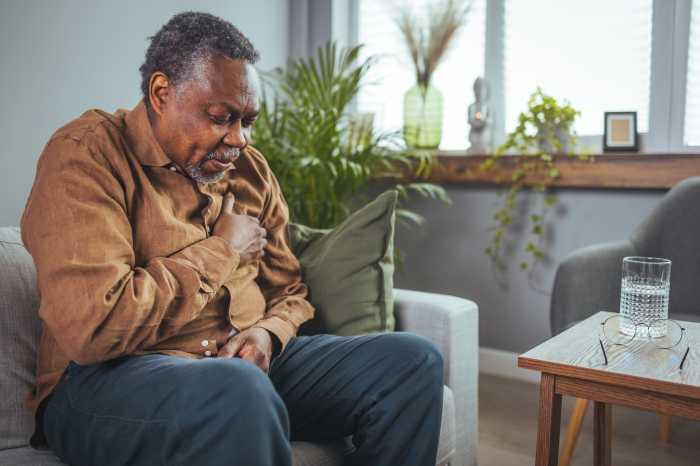Cancer can strike without warning. There is no way to prevent cancer, but there are certain measures people can take to help reduce their risk, and exercise is one of the more effective ways to do just that.
The National Cancer Institute notes that there is substantial evidence to support the idea that higher levels of physical activity are linked to lower risks of several cancers, including colon cancer, endometrial cancer, and breast cancer. In addition, a study published in the journal JAMA Internal Medicine found that leisure-time physical activity was associated with a significantly decreased risk of not only these three cancers, but also esophageal cancer, liver cancer, stomach cancer, kidney cancer, and myeloid leukemia, among others.
As many as one-third of cancer-related deaths can be linked to obesity and sedentary lifestyles, so it’s easy to see the relationship between exercise and a reduced cancer risk.
One of the more important ways that exercise may lower cancer risk is through the reduction of estrogen and insulin levels in the body. Women with high estrogen levels in their blood have increased risk for breast cancer. Although estrogen is a reproductive hormone, it is also contained in fat cells. Exercise can help burn fat and lower the amount of blood estrogen in the body, thereby lowering a woman’s risk of developing breast cancer.
Exercise also can decrease the potentially harmful effects of obesity, which are linked to the development of insulin resistance. According to the study, “The Links Between Insulin Resistance, Diabetes, and Cancer” by Dr. Etan Orgel and Dr. Steven D. Mittelman, although the precise mechanisms and pathways are uncertain, it is becoming clear that hyperinsulinemia (insulin resistance), and possibly sustained hyperglycemia, are important regulators of not only the development of cancer but also of treatment outcome. Insulin resistance has been linked to the development of tumors in cases of breast and colon cancers.
The NCI states that exercise also can reduce cancer risk by:
• Reducing inflammation.
• Altering the metabolism of bile acids in the gastrointestinal tract, helping to decrease exposure of the body to suspected carcinogens.
• Improving immune system function.
• Boosting mood and feelings of well-being.
Additional research is needed to study the link between exercise and cancer risk. However, based on observational studies, existing studies support the notion that regular exercise can go a long way toward reducing cancer risk.





















